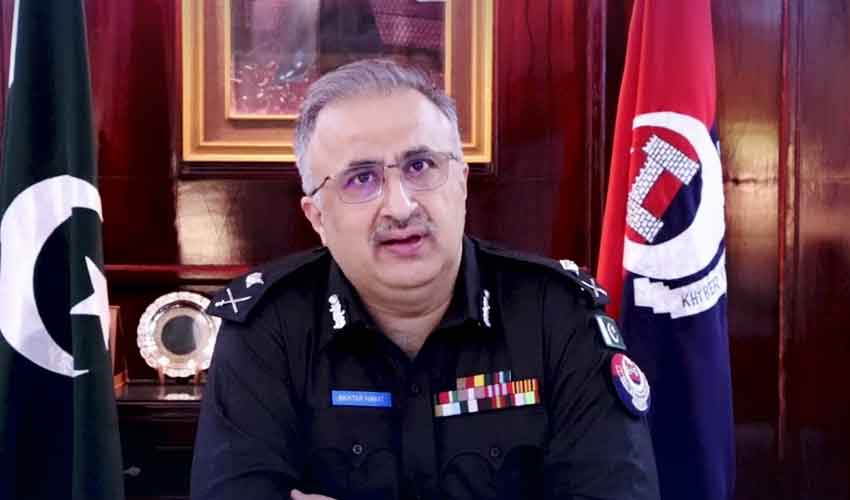Pakistan marked the 148th birth anniversary of Quaid-e-Azam Muhammad Ali Jinnah with great enthusiasm, paying tribute to the leader who led the country to its creation.
The nation came together to celebrate the remarkable achievements of the founder of Pakistan to highlight his leadership and vision that paved the way for the establishment of a separate homeland for Muslims in the subcontinent.
In Karachi, the mausoleum of Quaid-e-Azam, located in the heart of the city, stood as a symbol of his lasting legacy.
The mausoleum, which houses the Quaid-e-Azam Memorial Museum, holds personal items once used by Jinnah, offering a glimpse into his life.
The museum showcases a collection of clothing and personal belongings, including both Pakistani and European garments.
Items from Jinnah's study and relaxation rooms, as well as furniture from his personal spaces, have been preserved as a testament to his simplicity and determination.
Alam Sheikh, the resident engineer of the mausoleum, stated that some of the most notable artefacts in the museum are the cars used by Quaid-e-Azam during his leadership.
As the nation gathered to remember the birth of their founding father, the celebration of Jinnah’s contributions was not limited to Karachi.
Across Pakistan, the significance of his struggle for an independent state was acknowledged by various political and civic leaders.
In Multan, a large cake weighing 217 pounds was prepared to mark the occasion.
Professor Naeem Khalid, an education expert, discussed Jinnah’s unparalleled political insight and leadership, explaining how his tireless efforts led to the creation of Pakistan. "On August 14, 1947, the dream became a reality, and Pakistan emerged as a new nation," he said. However, Jinnah's health was severely impacted by his continuous struggle for Muslim rights and independence, and he passed away just a year later, on September 11, 1948.
In Islamabad, the historical Golra Railway Station was also part of the celebrations, housing an important relic – the historic railway saloon once used by Quaid-e-Azam during his travels.
This saloon, which was in use in 1945, is preserved at the station, offering visitors a chance to step into the past and understand the long journeys of the father of the nation.
Waheed Mehmood, a gallery assistant, explained that the saloon has been meticulously preserved, showcasing Jinnah's taste and attention to detail.
It features rooms for meetings, a kitchen, and even a servant's quarters.
The saloon remains a significant artefact for those seeking to learn more about the leader's personal life and his dedication to Pakistan’s cause.
Families visiting the saloon expressed their admiration for Jinnah’s contributions, with many young visitors emphasising the importance of teaching future generations about Pakistan’s history and the values of unity, faith, and discipline.
These principles continue to inspire the nation as it works towards a prosperous and peaceful future.
Meanwhile, in a message of tribute, Balochistan Chief Minister Sarfaraz Bugti, highlighted the importance of Jinnah’s principles for Pakistan’s current challenges.
Also Read: Pakistan, world celebrate Christmas with fervour and grandeur
He called for unity and adherence to Jinnah’s vision to strengthen the country against external threats and internal divisions.
Similarly, the Armed Forces paid tribute to Jinnah and reaffirmed their commitment to the ideals of unity, faith, and discipline.
The country also celebrated Christmas, with President Asif Ali Zardari extending greetings to the Christian community, recognising the shared values of peace and compassion embodied by both Christmas and Jinnah’s leadership.
President Zardari urged the country to continue working towards a democratic, inclusive, and prosperous Pakistan, in line with the vision set forth by its founding father.
Watch live coverage



























